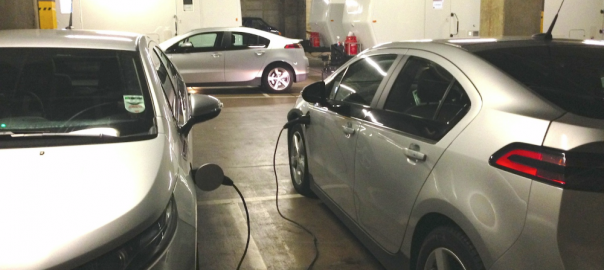BBC One’s new primetime drama The Interceptor is the first large-scale production to pioneer the use of electric cars.
As well as the production gaining a three star rating by industry sustainability certification scheme albert+, the use of electric cars saved on carbon dioxide emissions, fuel costs and congestion charges.
On-screen, viewers follow an undercover team on the hunt for Britain’s most ruthless criminals, but off-screen the production has become the first large-scale TV drama to use only electric cars behind the scenes.
By using electric vehicles as unit and production cars during the making of the show, eight tonnes of carbon dioxide emissions were saved – enough to drive 50,000 miles or twice around the globe – as well as saving the BBC over £10,000 in fuel and congestion charges.
…
Nick Leslie, BBC Sustainable Production Project Manager, says:
“The cast and production thought it was important to use electric cars to help lower the overall CO2 emissions for the show. Initially there were some reservations about the electric cars from the unit drivers, as there is pressure for making sure unit cars run smoothly and on time.
“However, once they started driving the cars, all the unit drivers said that they were happy with the performance of the vehicles. In fact a competition developed between the drivers to see who could make the energy in their batteries last longest.
“Some of the drivers said that using these cars had opened their minds to fuel efficiency when driving, as the vehicles had a dashboard display showing how their driving impacted upon the battery charge. One of the drivers even said they were planning on buying an electric car when it was time to change their personal vehicle.”
Source: Green Car Guide
